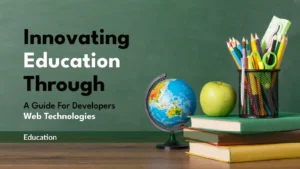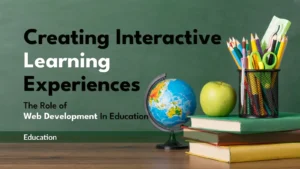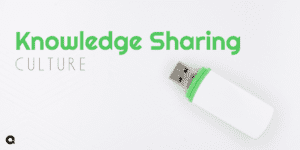
Introduction:
In the digital age, education is undergoing a revolution, with technology playing a pivotal role in transforming traditional learning paradigms. Web solutions have emerged as powerful tools for enhancing educational experiences, fostering collaboration, and empowering learners to thrive in an ever-changing world. In this comprehensive guide, we will explore how transformative web solutions are shaping the future of education and revolutionizing the way we learn.
The Role of Web Solutions in Education:
Web solutions encompass a wide range of technologies and platforms designed to facilitate learning and knowledge-sharing in digital environments. From learning management systems (LMS) and virtual classrooms to interactive educational websites and mobile apps, web solutions offer versatile tools for delivering content, engaging learners, and fostering collaboration among students and educators.
Personalized Learning Experiences:
One of the key advantages of web solutions in education is their ability to provide personalized learning experiences tailored to individual learners’ needs and preferences. Through adaptive learning algorithms and data analytics, web-based platforms can assess learners’ strengths and weaknesses and deliver customized content and instruction accordingly. This personalized approach enhances engagement, motivation, and learning outcomes, allowing each student to progress at their own pace and focus on areas where they need the most support.
Accessibility and Inclusivity:
Web solutions have the power to break down barriers to education and make learning accessible to learners of all backgrounds and abilities. With features such as screen readers, captioning, and alternative text, web-based educational resources can accommodate diverse learning styles and ensure inclusivity for students with disabilities. Additionally, web solutions enable remote learning, allowing students to access educational materials and participate in virtual classrooms from anywhere in the world, overcoming geographical constraints and logistical barriers.
Interactive and Engaging Content:
Web-based educational resources leverage multimedia and interactive technologies to create dynamic and engaging learning experiences. From interactive simulations and virtual labs to gamified lessons and multimedia presentations, web solutions captivate learners’ attention and foster deeper understanding and retention of complex concepts. By incorporating interactive elements such as videos, animations, quizzes, and discussion forums, web solutions promote active learning and collaboration among students, enhancing the overall learning experience.
Real-Time Collaboration and Communication:
Web solutions enable real-time collaboration and communication among students and educators, fostering a sense of community and engagement in virtual learning environments. Through features such as live chat, video conferencing, and collaborative document editing, students can collaborate on group projects, participate in discussions, and receive immediate feedback from instructors. This real-time interaction promotes active engagement, critical thinking, and peer-to-peer learning, enriching the educational experience and preparing students for success in the digital age.
Adaptive Assessment and Feedback:
Web solutions facilitate adaptive assessment and feedback mechanisms that enable educators to assess students’ progress and provide timely feedback for improvement. Through online quizzes, assessments, and automated grading systems, educators can gauge students’ understanding of course material and identify areas for further review or intervention. Additionally, web-based platforms can generate detailed analytics and reports that track students’ performance over time, allowing educators to monitor progress, identify trends, and make data-driven decisions to optimize learning outcomes.
Challenges and Considerations:
While web solutions offer numerous benefits for education, they also present challenges and considerations that educators and learners must address. These include issues such as the digital divide, technological barriers, privacy concerns, and the need for digital literacy skills. Additionally, ensuring the quality and credibility of online educational resources and fostering a sense of community and collaboration in virtual learning environments are important considerations for maximizing the effectiveness of web-based education initiatives.
Conclusion
In conclusion, web solutions are revolutionizing education and building the future of learning in the digital age. By providing personalized learning experiences, fostering collaboration, and promoting accessibility and inclusivity, web-based educational resources empower learners to thrive in an ever-changing world. As we continue to harness the power of technology in education, let us embrace transformative web solutions as catalysts for innovation, empowerment, and lifelong learning for generations to come.
Frequently asked questions
Building the future of education with web solutions is crucial for adapting to the digital age and enhancing learning opportunities for students worldwide. These solutions offer flexibility, accessibility, and interactivity, revolutionizing traditional educational practices.
"Building the Future of Education" features a range of transformative web solutions designed to improve teaching and learning experiences. These may include learning management systems (LMS), interactive educational websites and apps, virtual classrooms, online assessments, and personalized learning platforms.
Web solutions contribute to transformative learning experiences by providing interactive and engaging educational content, fostering collaboration and communication among students and educators, offering personalized learning pathways, and enabling access to resources and support from anywhere, at any time.






